And it’s not just a passing feeling – for some, it’s becoming a long-term issue with real consequences.
Others are reading now
In a world where young people are constantly online, surrounded by followers, likes, and messages, a quiet crisis is growing.
More and more feel disconnected, isolated, and alone.
It might sound contradictory, but it’s a reality that researchers are observing more often.
Particularly during the summer, a time usually associated with travel, festivals, and socializing, many young adults are instead struggling with loneliness.
Also read
Why Loneliness Hits Young Adults the Hardest
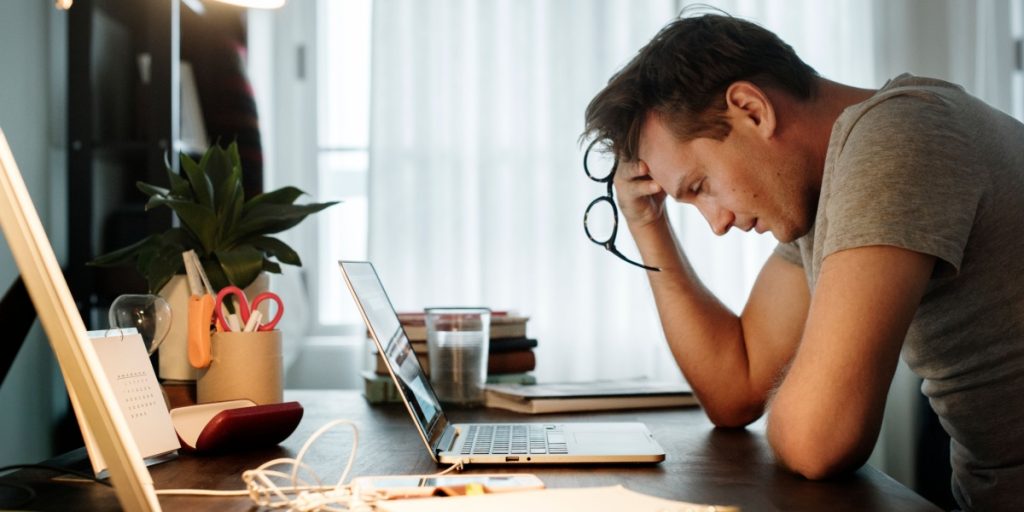
Young adulthood is a phase full of changes. Moving out, starting studies or a job, forming new friendships. It’s also a time when many expect to build meaningful relationships.
But for many, that doesn’t happen.
The constant pressure to perform in school or at work leaves little room for deep connections. Friendships can become more about networking than support.
And then there’s social media: seeing others constantly having fun or succeeding can make people feel like they’re missing out.
The Numbers Say It All
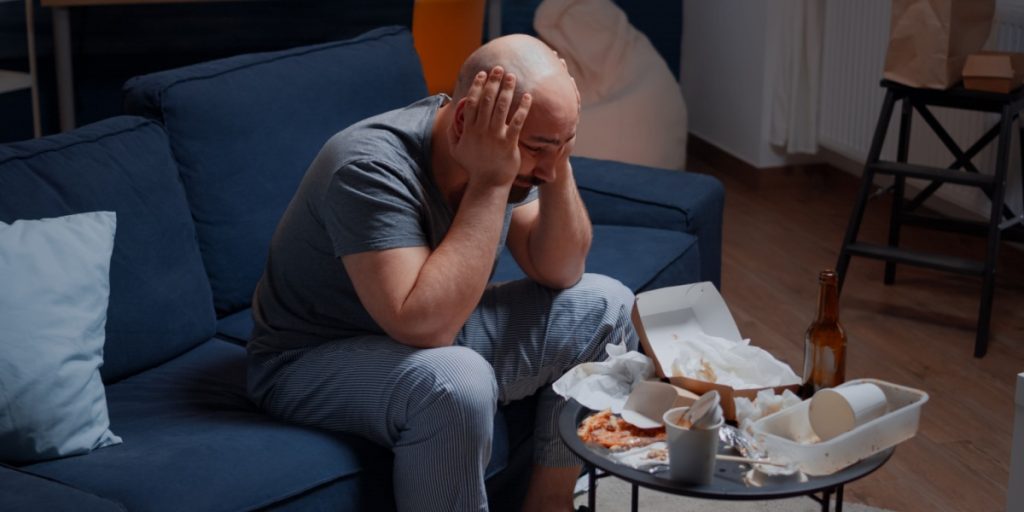
Recent research from the German Institute for Social Research estimates that around 32% of young adults aged 18 to 30 regularly feel lonely.
Among men, that number rises to 38%.
That means over a third of young men feel isolated most of the time.
Why Young Men Are Especially Affected
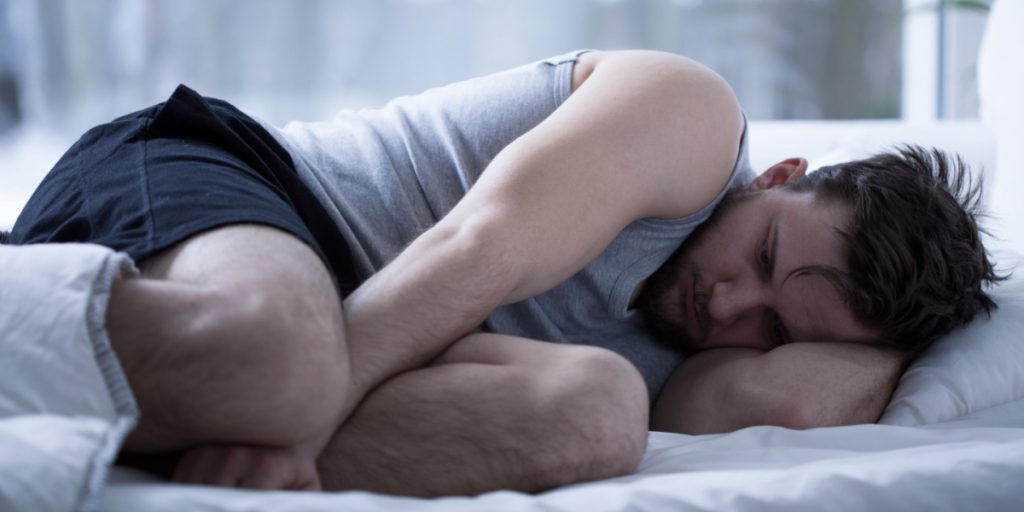
The study also looked at why men, in particular, are struggling.
One big reason is that society teaches boys from a young age to hide their emotions. Being vulnerable or asking for help is often seen as “unmanly.”
So, even if they feel lonely, many men keep it to themselves.
When they do form friendships, these are often based on shared activities, not on talking about feelings. That makes emotional support harder to find.
Over time, these surface-level friendships might not be enough, leading to even more isolation.
How Society Makes It Worse
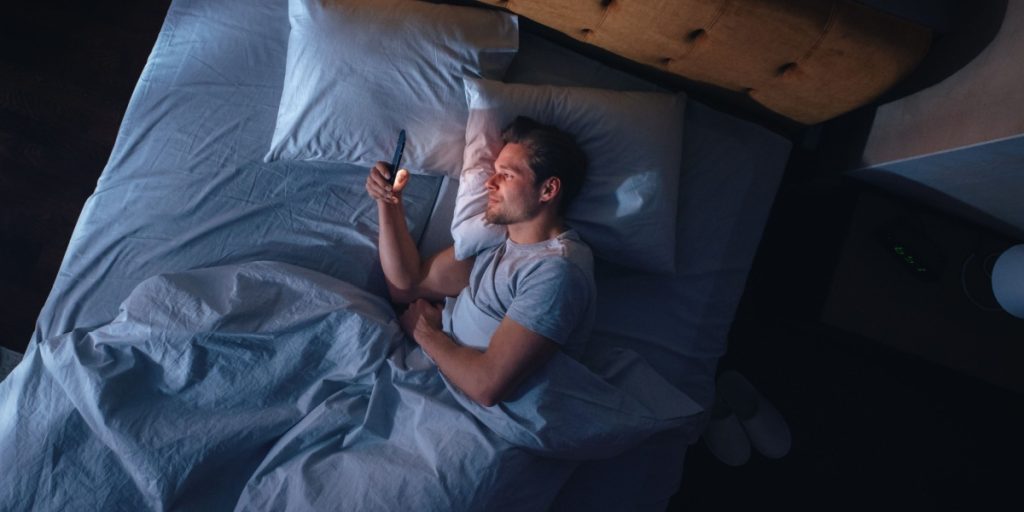
The way modern society works often makes things harder.
Young adults are expected to be flexible, to move often for work or studies, and to be always improving themselves.
Friendships and community take a back seat.
Social media adds to this by creating pressure to be successful and constantly available.
The Health Risks of Being Lonely
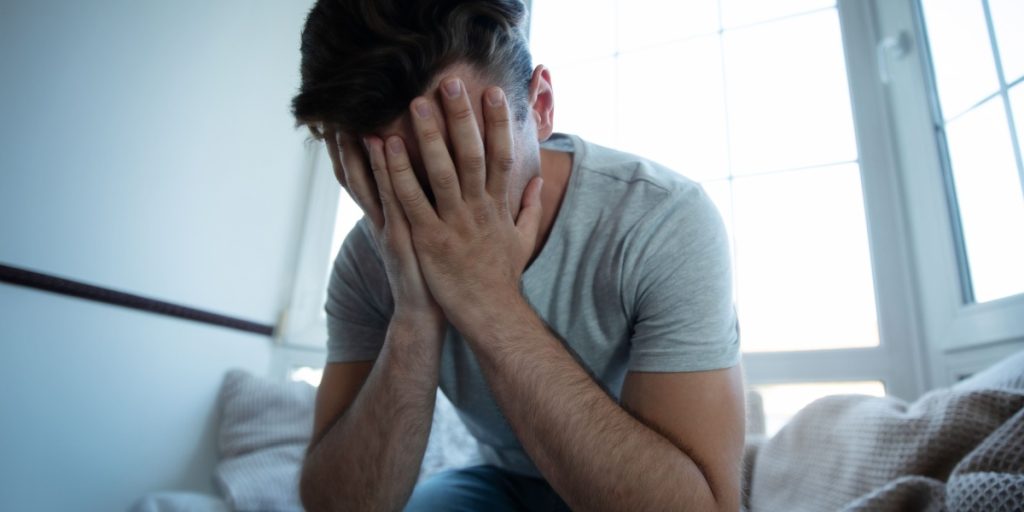
Feeling lonely can also take a toll on your health.
Long-term loneliness has been linked to sleep problems, chronic stress, and depression.
It can even impact physical health by increasing the risk of heart issues, anxiety, and memory problems.
For young people, this is especially concerning. They’re in a critical stage of life where emotional balance is essential for long-term mental well-being.
What Can Help

There’s no quick fix for loneliness, but there are ways to start feeling better.
Finding a group or activity that interests you can make a big difference.
It’s also okay to ask for help: therapy or counseling can offer support when it’s needed most.
The first step is talking about it.
Loneliness isn’t a weakness. It’s a human experience. And sharing that feeling can open doors to connection.
This article is based on reporting published in Esquire.


